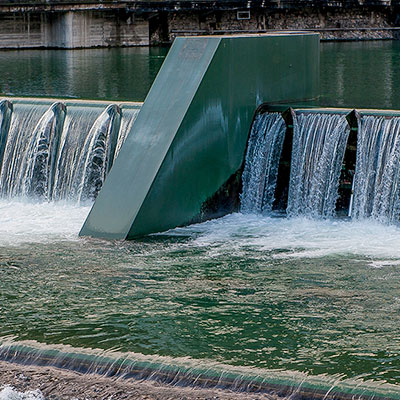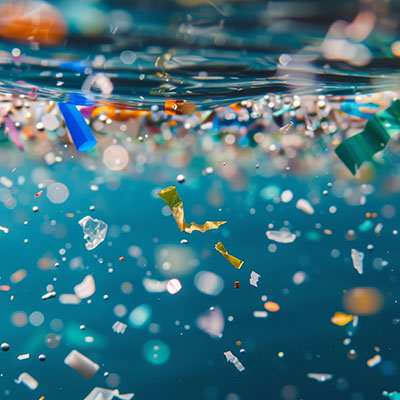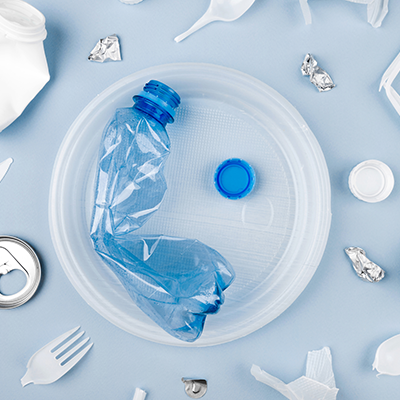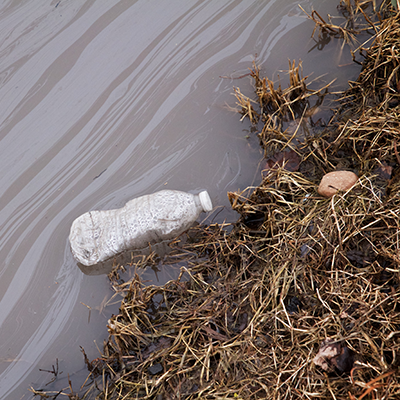
Make Your Home Appliances Last
Note – Having a LifeSource Whole House Water System helps to prevent hard water issues and reduces scale buildup in your plumbing. You can count on LifeSource Water to help maximize the lifespan of your water-based appliances.
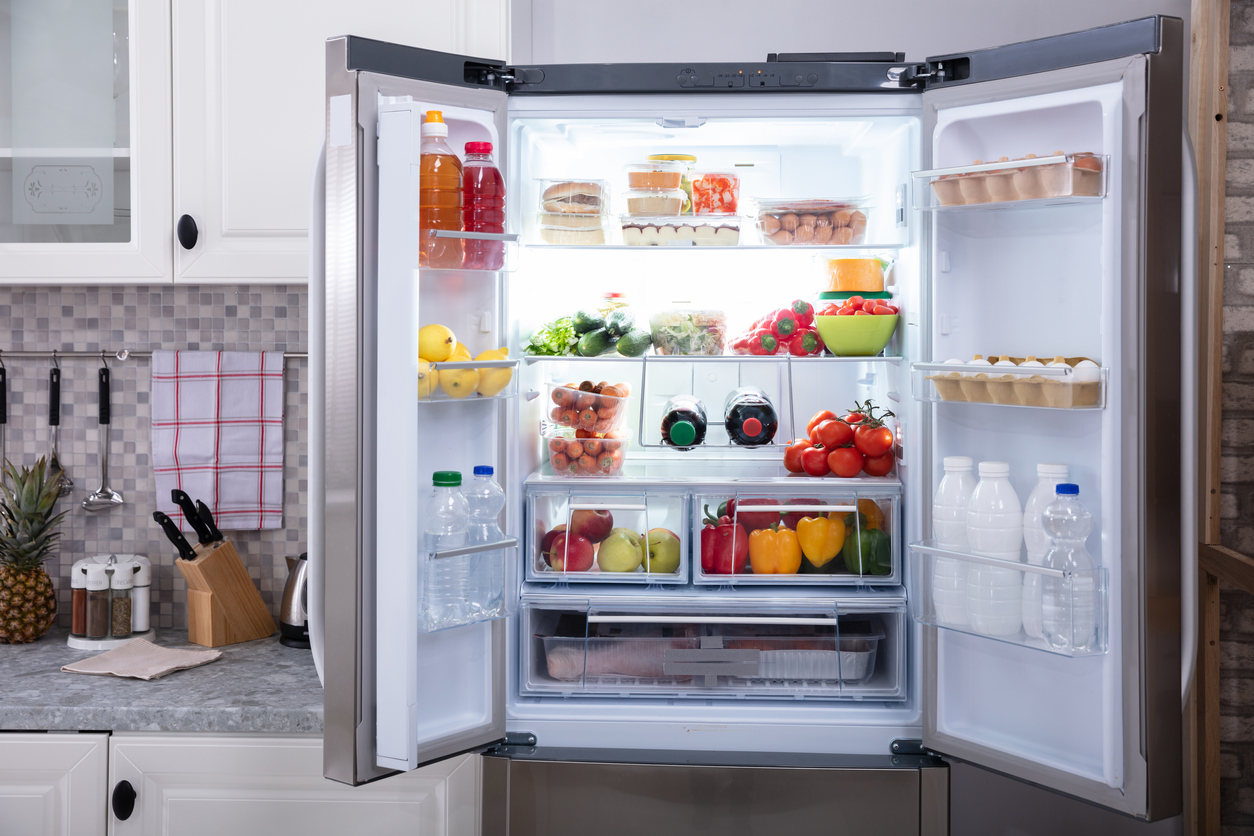
Some of our most essential home appliances live in the kitchen. It seems like time spent at home is always near and around the refrigerator. The World Health Organization says a healthy diet not only protects you from malnutrition, but also non-communicable diseases like diabetes, heart disease, stroke, and cancer. Having a clean and functioning refrigerator to store all your nutritional food is vital for any home.
That’s why you must give your refrigerator the love and attention it needs.
One way to extend the life of your fridge is by routinely cleaning it from the inside out. Start outside and make sure the coils behind your fridge (sometimes on the bottom front) are clean and free of dust. These coils allow the compressor to work and keep your refrigerator cold. If debris block the airflow, it will cause more strain on your compressor and can shorten your refrigerator’s lifespan.
Another tip is not to overfill your refrigerator with food. According to HomeSelf, doing so blocks the airflow and makes the compressor work harder to keep your food cold. Prevent overfilling and create a schedule for throwing out food that is expired or no longer needed. Maybe Saturdays can be for parties, and Sundays can be for cleaning out your refrigerator!
Lastly, help maximize your refrigerator’s lifecycle by not storing things on top. To keep things cool inside, most refrigerators use the top to release hot air. If you use the top as storage, heat gets locked in, making your refrigerator work overtime. Keeping all these tips in mind and sticking to a consistent cleaning schedule will do wonders for your refrigerator.
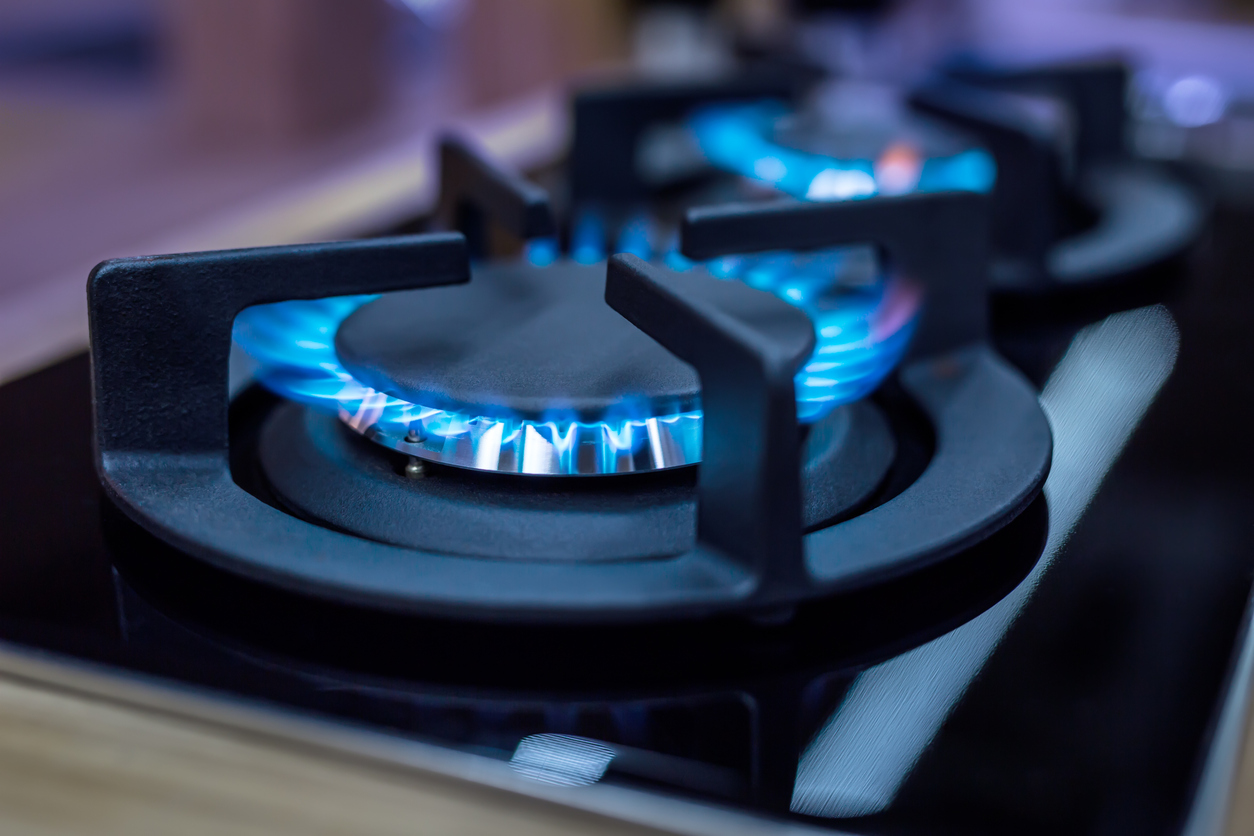
The next important appliance in your kitchen is the stove. As much as we need somewhere to store our food, we also need a place to cook it. The way you tend to your stove could depend on what type of burners you have.
If you have a flattop, the most valuable advice is to place heavy pots and pans on the burner gently. Never slide your pots and pans across the flattop. That seems easy enough!
As for gas stovetop burners, you have more nooks and crannies to keep in mind. It’s easier for food to fall between the burners. A way to know if your stove needs cleaning is by looking at the color of the flame. If the flame is steady and blue, you are good to go. When the flame is yellow or orange, this signifies the burner needs a good scrubbing. Wipe down and dispose of all loose food particles. Doing this will ensure you are taking care of your stove so it will last longer.
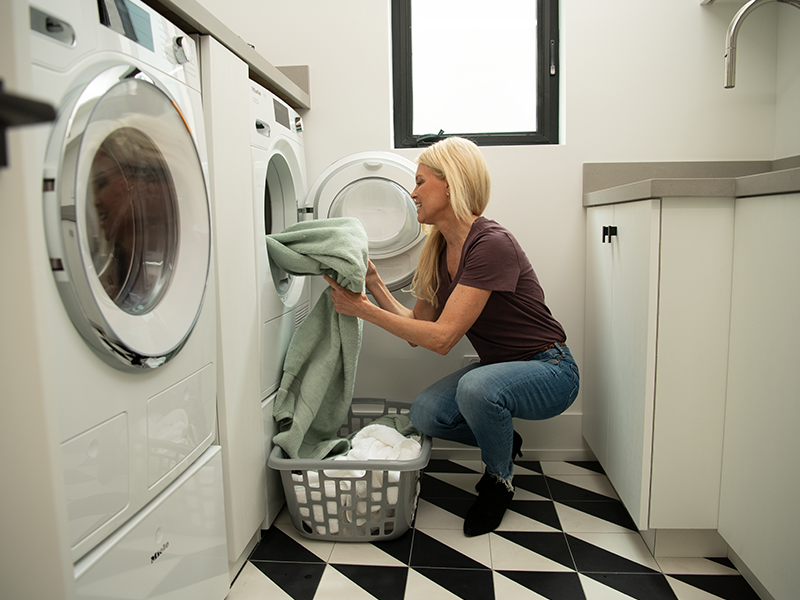
Everyone needs fresh clothes to start the day. That’s why we all depend on our washer and dryer. When washing, it may be tempting to fit as much you can go into one load. However, many recommend that you don’t do this. Oversized loads can put excessive pressure on a washer, causing a shortened lifespan.
With the help of a LifeSource Whole House Water System, conditioned water runs throughout your entire home into your washer. LifeSource Water reduces hard water issues and diminishes buildup in your plumbing, so your washer will last longer.
When it comes to your dryer, a few tips can help boost its lifetime. After every cycle, make sure you remove lint from the filter. It may be an obvious task, but an easy one to forget. Clogged lint filters block the airflow and cause your dryer to work harder to get your items dry. Another helpful tip is checking to see what type of dryer duct is installed. Replace foil or plastic ducts with a metal one. This extra step will help improve the flow as foil and plastic ducts will sag, leaving lint buildup.
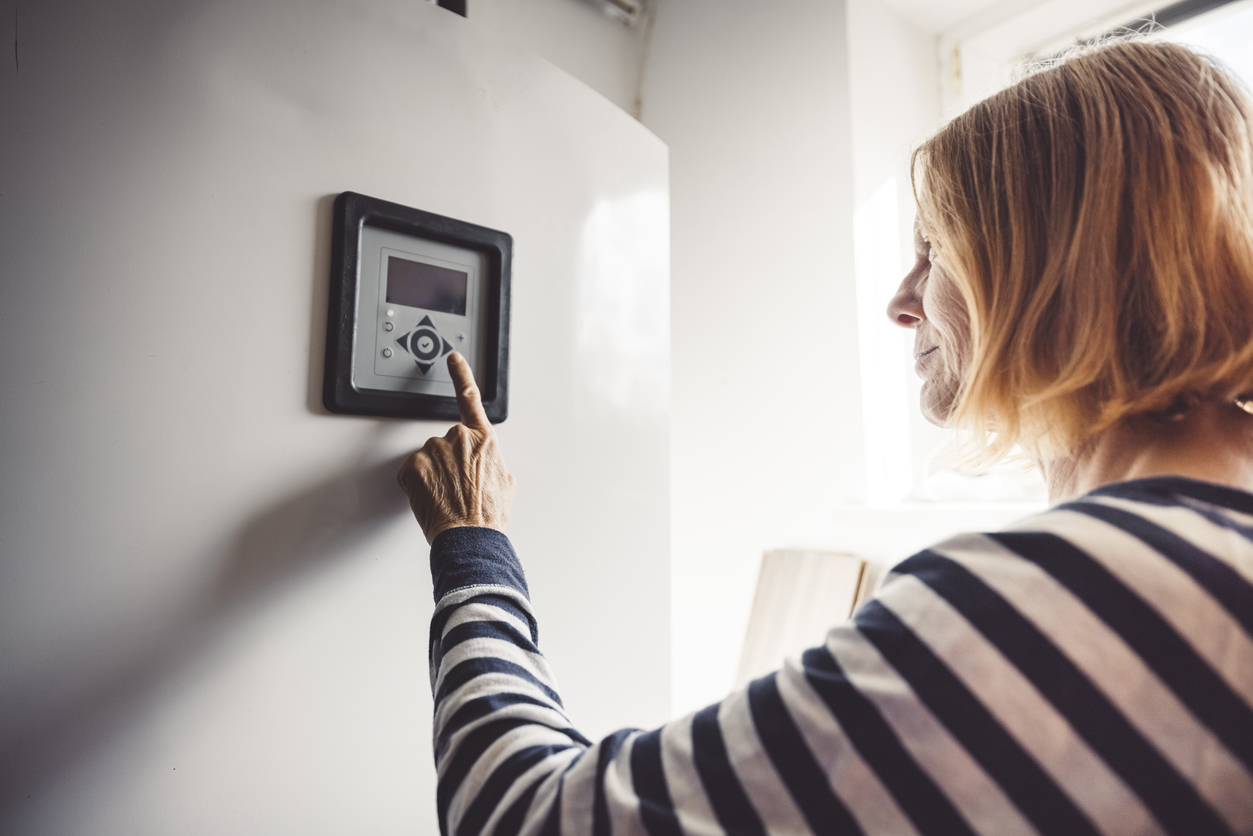
Access to hot water is crucial. Think about all the hot showers you take when it’s cold out; none of those would be possible without your water heater.
Give your water heater the attention it deserves by routinely flushing it out. When you flush your water heater, you are cleaning out sediment buildup and allowing your tank to run efficiently.
Letting the sediment collect excessively will make your water heater work harder than it needs to. It also adds pressure to your plumbing and could lead to leaks and pipe bursts. You still need to flush your water heater even if it’s tankless.
These simple steps and routine checkups on your home appliances will pay off in the end. Are you experiencing any issues with the quality of water in your home? Choose clean, filtered water out of every tap in your home, and reduce hard water buildup in your plumbing. Our systems require zero maintenance, so you can spend more time enjoying all your home has to offer.


